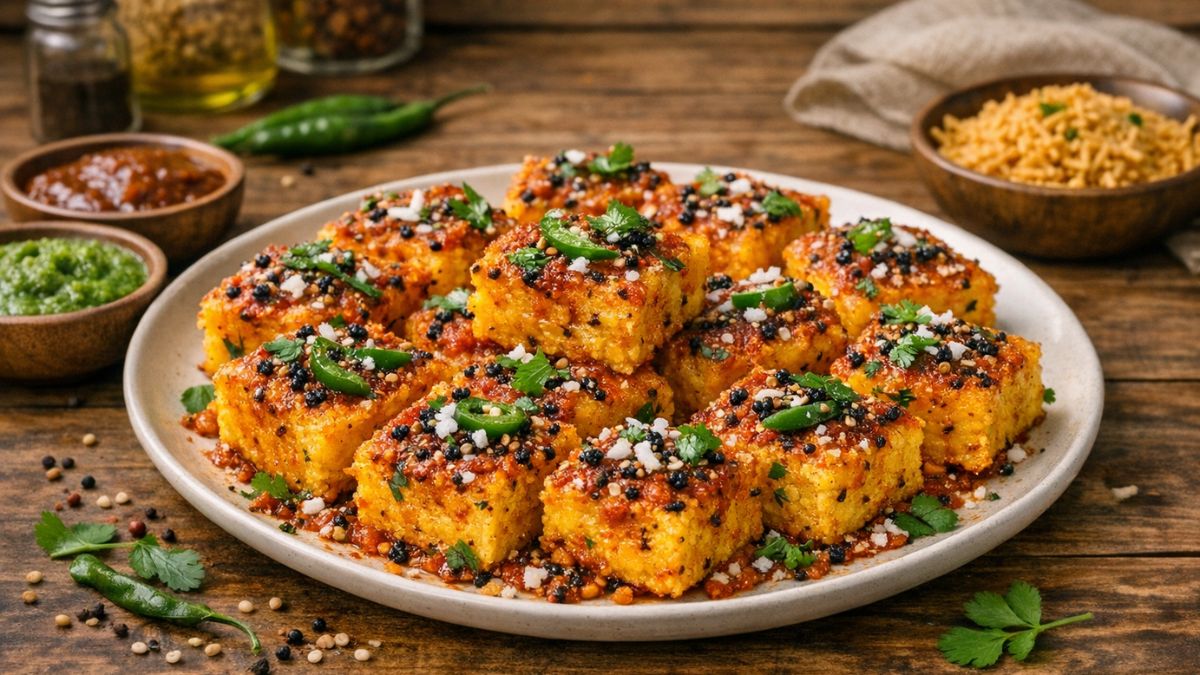Chocolates are shunned as an unhealthy food but dark chocolate escape the radar for being healthier with their high antioxidant content. They are less sweet and a bit bitter as compared to their milky counterparts. Milk chocolates are kids' favourite. They are creamy, milky and soft but when it comes to healthy eating they don't fare as well as dark chocolate. One major reason is that dark chocolates are full of antioxidants and may help in boosting immunity. But now, milk chocolate lovers can eat their favourite chocolate without guilt. How? Read on.
Researchers from U.S. Department of Agriculture's (USDA's) Agricultural Research Service discovered that milk chocolates can be enriched with immunity-boosting antioxidants by combining milk chocolate with waste peanut skins and other wastes.
The researchers will present their results today at the American Chemical Society (ACS) Fall 2020 Virtual Meeting & Expo. Lisa Dean, Ph.D., the project's principal investigator said, "The idea for this project began with testing different types of agricultural waste for bioactivity, particularly peanut skins," says. Our initial goal was to extract phenolics from the skins and find a way to mix them with food."
When peanuts are roasted and processed to make peanut butter, candies and other food products, their red papery skins are discarded. These skins contain a huge amount of phenolic compounds loaded with antioxidant bioactivity.
"The natural presence of phenolic compounds is what gives dark chocolate its bitterness, along with less fat and sugar compared to its cousin milk chocolate. Dark varieties are also more expensive than milk ones because of their higher cocoa content, so the addition of a waste like peanut skins provides similar benefits for a fraction of the price. And peanut skins are not the only food waste that can enhance milk chocolate in this way," added Dean.











